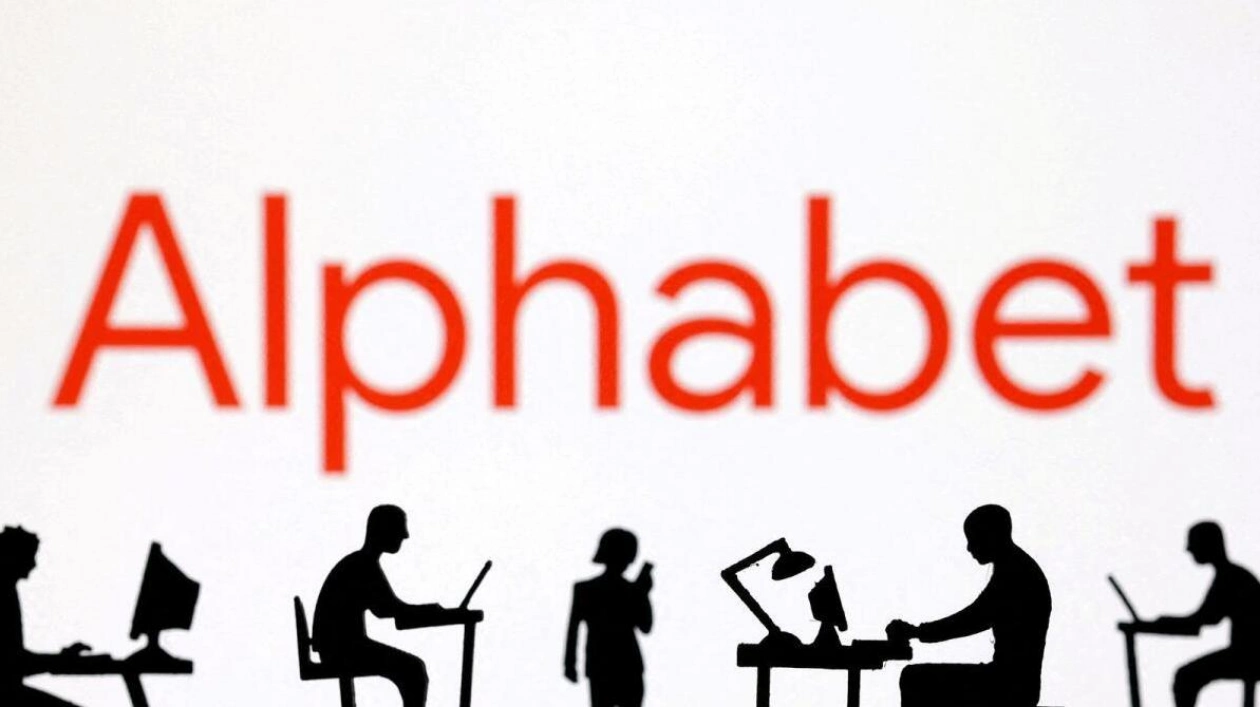Alphabet's stock dropped over 3% during premarket trading on Wednesday, following the Google parent company's indication of increased costs stemming from intensified competition in search and cloud computing sectors. The firm disclosed capital expenditures amounting to $13 billion for the second quarter that concluded in June. Ruth Porat, during her final conference call as Alphabet's CFO, informed investors that capital expenditures for the remaining quarters of 2024 would likely reach or surpass $12 billion. In the first quarter from January to March, Alphabet's capital outlay surged by 91% to $12 billion, which alarmed investors.
Alphabet is currently engaged in a strategic overhaul of its cost structure, aiming to curb expense escalation and redirect resources to pivotal AI projects, according to Wedbush analyst Daniel Ives. Advertising revenues, which form Alphabet's primary income stream, increased by 11% to $64.6 billion in the second quarter, boosted by global events like the Paris Olympics and various national elections including those in the United States. However, YouTube's revenue grew by 13% to $8.67 billion, yet it did not meet Wall Street's expectations.
The sustained growth in connected TV (CTV) and long-form digital video advertising inventory might be affecting YouTube's growth trajectory, a subject that Wedbush analysts anticipate will be hotly debated in the upcoming quarters. On the AI front, Google has introduced AI-driven summaries in Search and enhanced its Gemini AI model to more effectively compete against rivals like OpenAI and Microsoft. J.P.Morgan analysts believe that Google's robust position in Search could mitigate concerns regarding market share and competition from chatbots.
Following the financial results, at least three brokerages have increased their price targets for Alphabet's stock. Alphabet currently holds a 12-month forward price-to-earnings ratio of 22.2, in contrast to AI chipmaker Nvidia's 38.6, as per data from LSEG.






